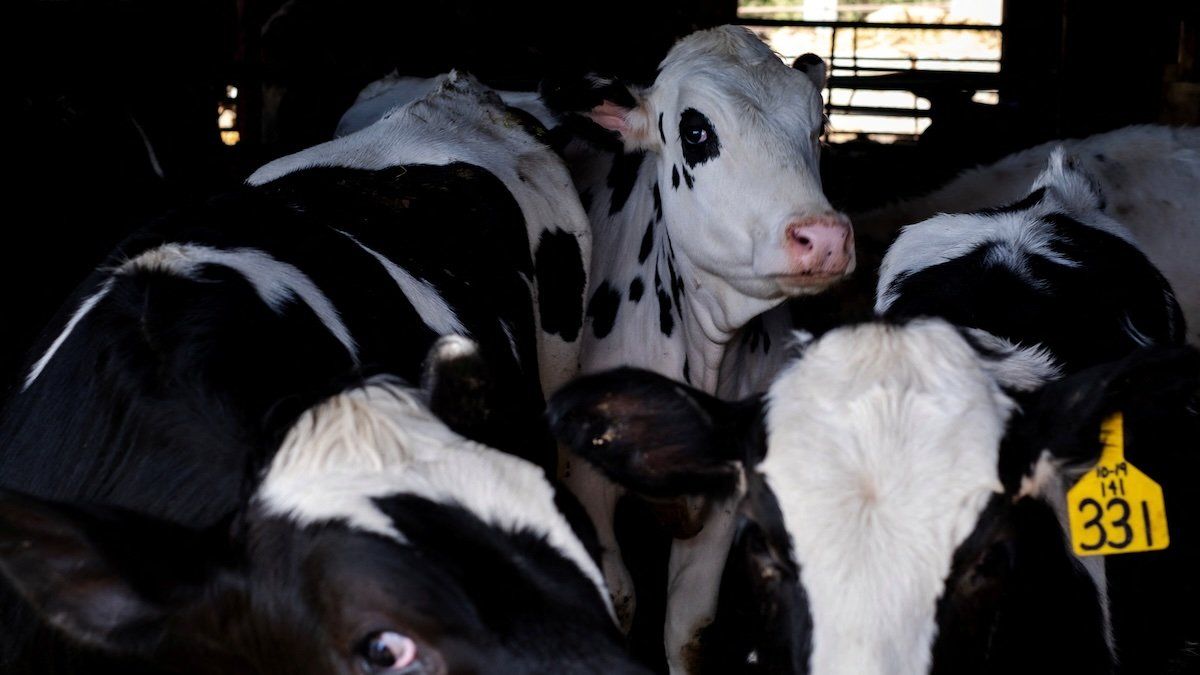8: Bird flu continues to spread its wings in the US, where agriculture authorities on Wednesday ordered the dairy industry to test milk-producing cows for the virus after herds in eight states tested positive for the disease. Authorities say they are confident that normal pasteurization processes will eradicate the pathogen from any milk, but tests are ongoing. So far this year, millions of American chickens have met a crueler fate – culled to stop the spread of the illness.
50: Wildfire season has sprung in Alberta, with at least 50 people forced to leave their homes ahead of fast-spreading blazes in the province this week. Provincial authorities warn that this season could be particularly bad, with 755 hectares already burnt this year – more than three times the five-year rolling average for this time of year. 2023 was the worst on record.
1: At least one company has already been granted an exemption from Canada’s recent sanctions on Russian titanium exports. European planemaker Airbus will be permitted to continue using Russian titanium at its Canada-based plants. Russia is one of the largest titanium exporters in the world, accounting for 15% of the global market in titanium metal precursors. Earlier this year, Canada became the first country to slap sanctions on VSMPO-Avisma, a state company that accounts for the lion’s share of Russia’s exports of the metal.
31: Speaking of underground things that roil above-ground politics, Canada says it is working with its Five Eyes partners (US, UK, Canada, and Australia) to stop global price manipulation of 31 critical metals by rival producers. Canada & Friends say that large producers of copper or rare earths, such as China or Indonesia, have been “dumping” huge quantities of their products at bargain prices in third markets to undercut Western producers. Canada’s government last month raised the alarm about this practice occurring with minerals that are essential for EV production.
